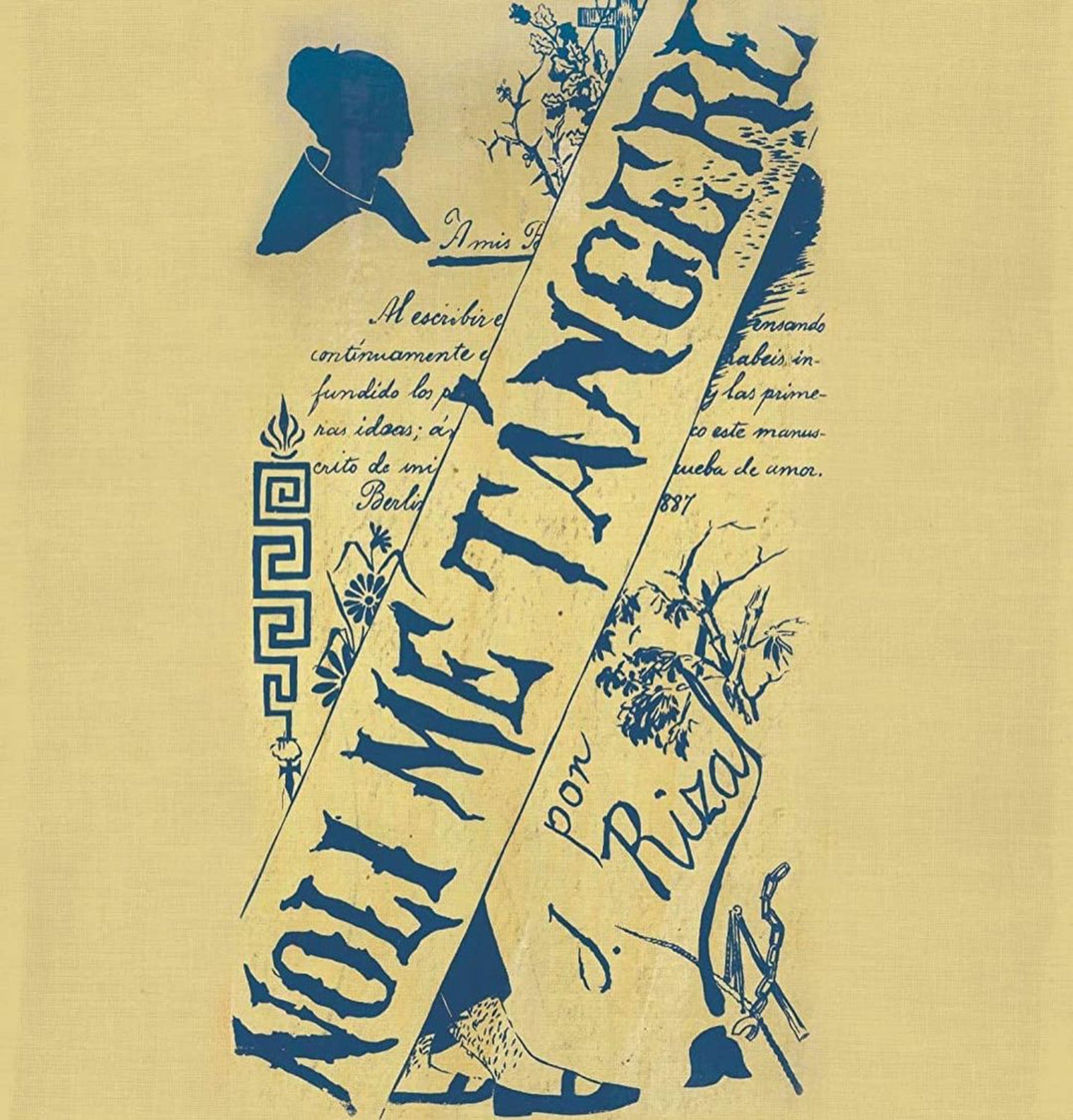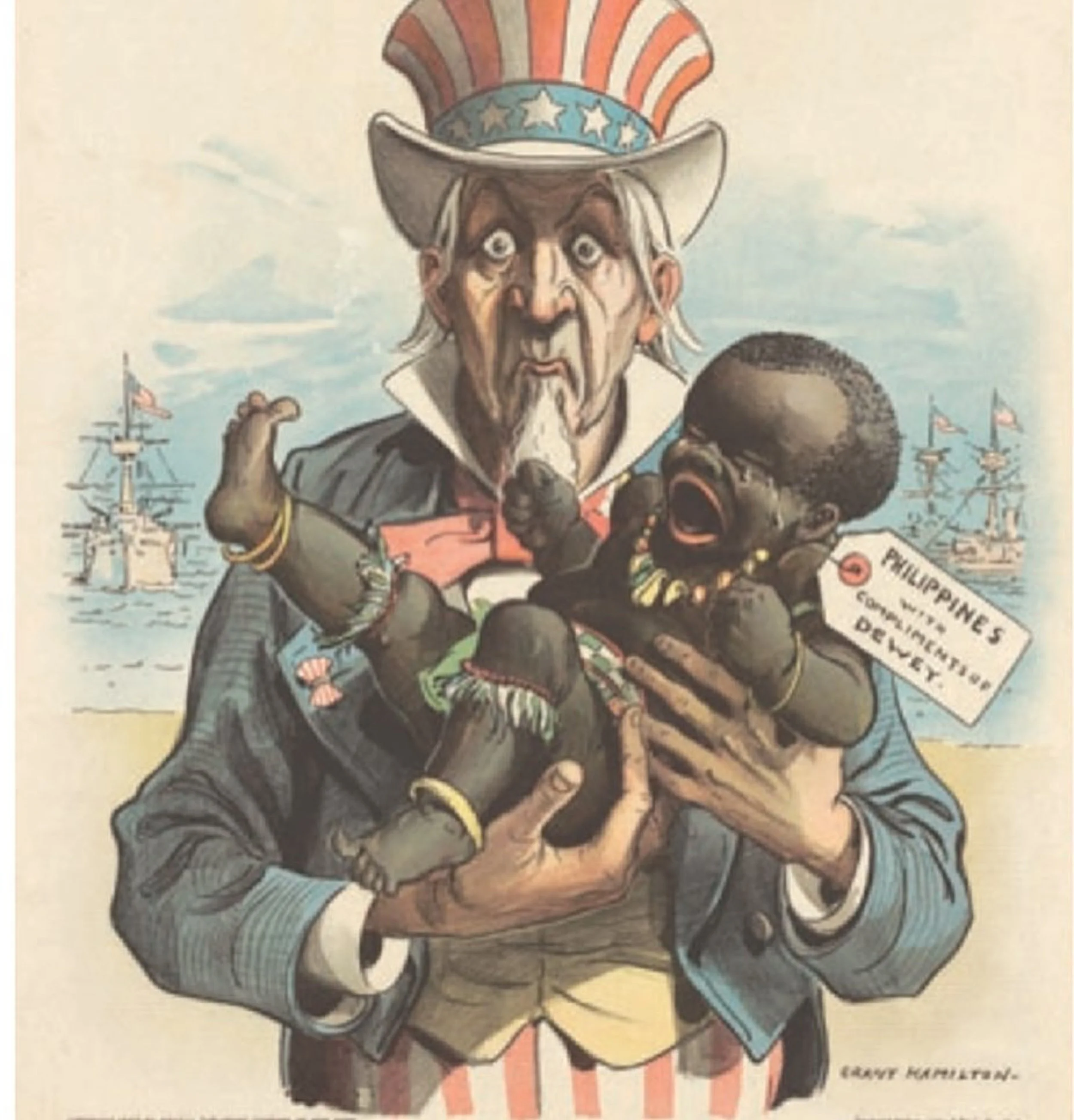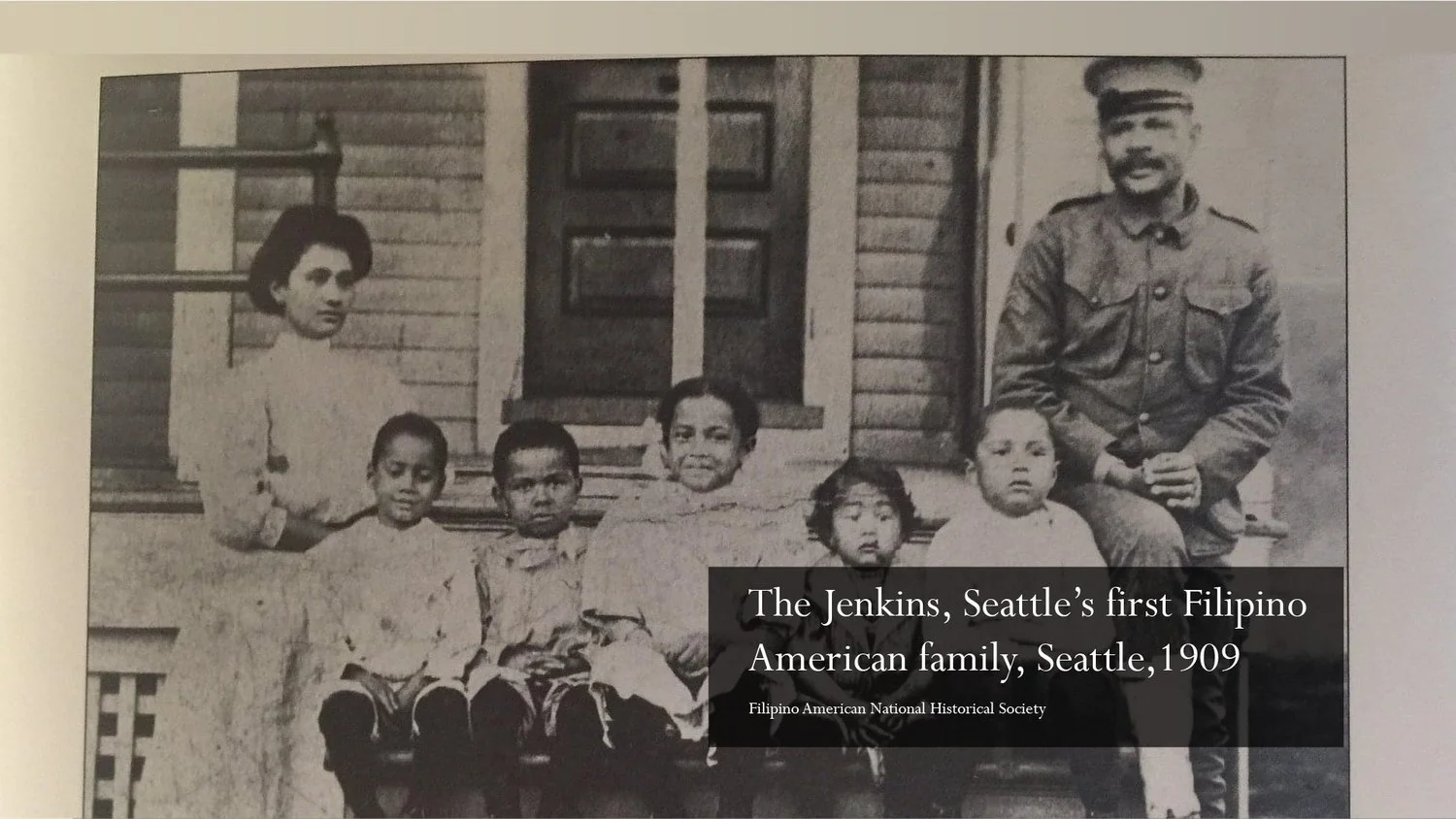Juneteenth: a delayed celebration
What does it mean for our nation to collectively celebrate Black liberation? It is in fact, a celebration of our shared American experience. Experiences that, though can sometimes seem relevant to a few, actually shape the world that every single one of us know today.
As we reflect on our history, we think of the overlaps in and the domino effect of, the fight for equality and freedom in this country. June 19th is also Jose Rizal’s bday.
Though known as the Philippines national hero, a country that at the time seemed too far away to be relevant to our own, Rizal was a nationalist who was inspired by the abolitionist writings in the U.S. He highlighted the inequities Filipinos faced under Spanish rule in his book, Noli Me Tangere. He was a worldly well-traveled individual and after living in Europe for some time, traveled to explore to the United States. Almost 30 years after emancipation, and wrote about how horrified he was of the pervasive discrimination that was so woven into American culture.
He wrote “great American Republic, whose interest lie in the Pacific and who has hands in the spoliation of Africa may some day dream of foreign possession.” Rizal was later executed for starting a rebellion in the Philippines and though he warned against it, the Philippines was sold to the United States. American author Mark Twain wrote about the purchase, “I have read carefully the treaty of Paris, and I have seen that we do not intend to free, but to subjugate the people of the Philippines. We have gone there to conquer, not to redeem.”
An intersection of time and place:
All this connects to the first Filipino American family in Seattle—the Jenkins.
Sergeant Francis Jenkins was born in Taxas two years after Juneteenth. He was the son of a fugitive slave and a Mexican woman (who was likely alive during or born just after the Mexican-American war, another effort by the U.S. to expand and conquer). He joined the army and was sent to fight in the Spanish-American War, which turned into the Philippine-American War (Mexico didn’t work out, so U.S. had to look further.)
There he met and married Rufina Clemente, a Filipina from Bicol. (Carol)
After coming back to the U.S. in 1909, Jenkins was stationed at Fort Lawton in Seattle’s Magnolia neighborhood. Following his retirement, he and Rufina bought a house in Ballard. (Large)
The history of Black experiences in the U.S. is too often “justice delayed.” Juneteenth does not celebrate the day emancipation was declared, but when last known enslaved people in Galveston, Texas, finally received the news they were free, two years after.
These delays are all too well known in our BIPOC histories, where promises go forgotten or hidden behind carefully placed euphemisms in our history books. So today we come together to celebrate, beyond our communities, as an entire country, the freedom that was stolen, and the freedom that has laid the groundwork for continued activism in our world. Though progress has been made, there is still so much work left to be done. Let us celebrate today the freedom that has been achieved, fought for, and now must be both maintained and pushed.
#happyjuneteenth #joserizal #freedom
Sources: Carol King and the Jenkins Family, and Filipino American National Historical Society. Nana, Https://Docs.google.com/Document/d/1YDqwudR-M5a00lPY9V7ftsElresRIXS9/Edit?Usp=Sharing&Ouid=117154705458064465243&Rtpof=True&Sd=True, August 25, 2022.
Large, Jerry. “First Filipino Family Is a Rainbow.” The Seattle Times, The Seattle Times Company, 1 June 2009, https://www.seattletimes.com/seattle-news/first-filipino-family-is-a-rainbow/.



